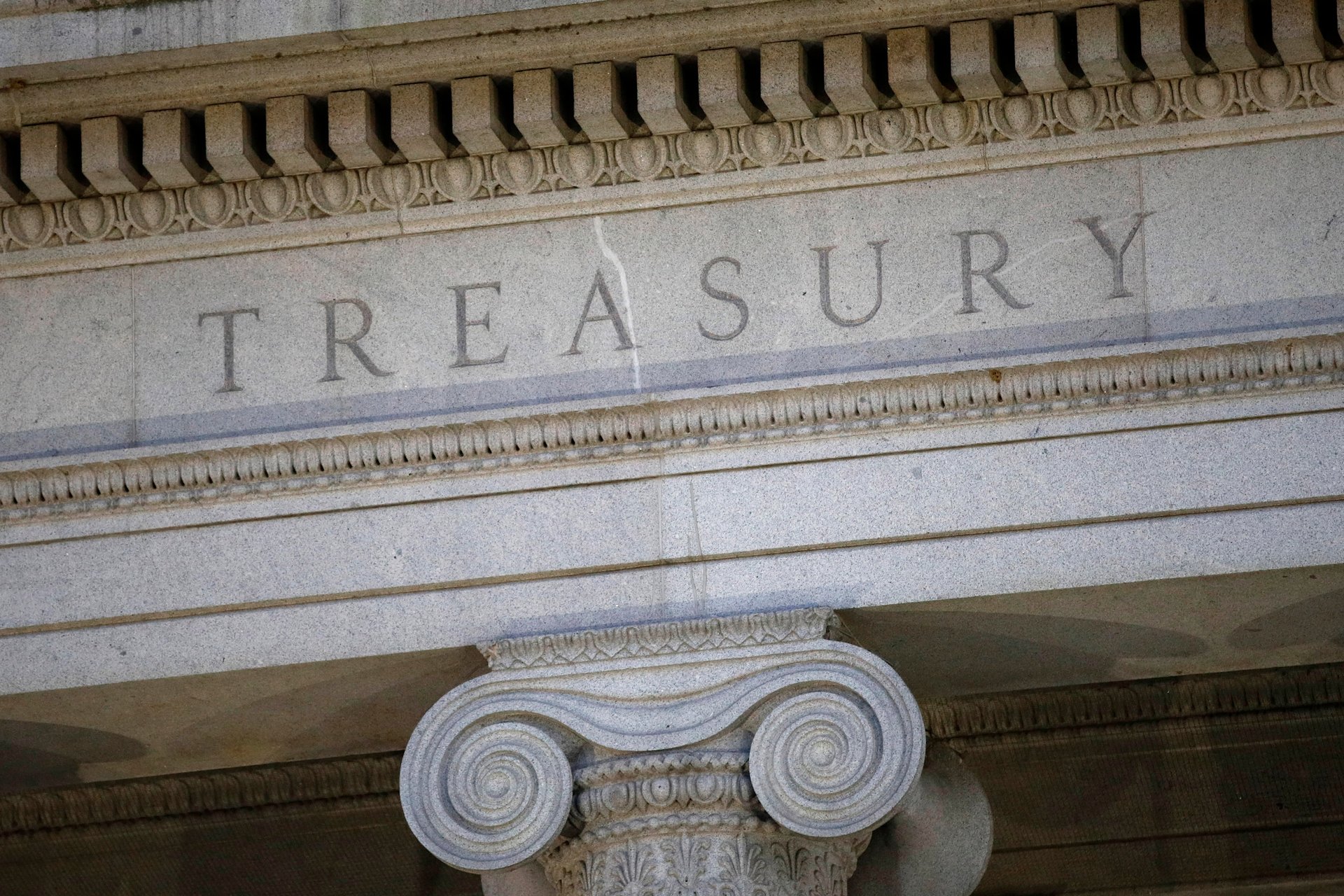US sanctions a United Arab Emirates shipping firm for allegedly violating Russian oil price cap
The U.S. hit a United Arab Emirates shipping firm and its 18 vessels with sanctions after it transported Russian crude oil above the $60 per barrel price cap

WASHINGTON (AP) — The U.S. on Thursday hit a United Arab Emirates shipping firm with sanctions after it transported Russian crude oil above the $60 per barrel price cap.
Suggested Reading
This is Treasury's first oil price cap enforcement action of 2024 — imposed on Hennesea Holdings Limited and its 18 vessels that the U.S. Treasury now considers blocked property. U.S. firms and people can no longer conduct business with them.
Related Content
“Today’s actions once again demonstrate that anyone who violates the price cap will face the consequences,” said Treasury Deputy Secretary Wally Adeyemo. “No one should doubt our coalition’s commitment to stopping those who help the Kremlin.”
A representative from Hennesea Holdings was not immediately available for comment.
The United States, European Union, countries in the Group of Seven and Australia imposed a $60 a barrel limit in 2022 on Russian oil.
Any purchases above the cap would violate the agreed-upon policy. The cap was designed to deprive the Kremlin of revenue to fund its war in Ukraine, forcing the Russian government either to sell its oil at a discount or divert money for a costly alternative shipping network.
Last year, firms across the United Arab Emirates, Hong Kong and Turkey were identified for economic sanctions based on alleged violations of the price cap.
The price cap was rolled out to equal parts skepticism and hopefulness that the policy would stave off Russian President Vladimir Putin’s invasion of Ukraine.
In addition to the price cap, the allied nations have hit Russia with thousands of sanctions throughout the war, which enters its third year next month. The sanctions are aimed at bank and financial transactions, technology imports, manufacturing and Russians with government connections.